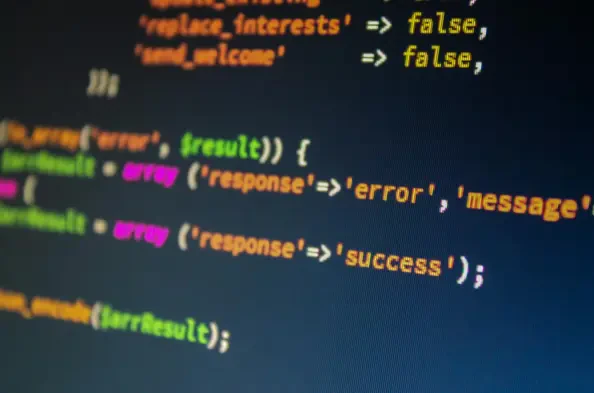What if the future of software development no longer relied on the tedious work of hand-coded scripts and instead embraced automated intelligence? News of AI’s role in transforming the industry raises profound questions about the evolving landscape of programming. With machines increasingly capable of writing their own scripts, the age-old art of coding is on the brink of a revolutionary transition. Yet, this raises another pivotal question: is AI-driven code truly the future we are heading toward?
The Emergence of AI in Programming
In recent years, AI has established a formidable presence in software development. The rapidly accelerating integration of AI technologies into coding processes suggests a shift toward more streamlined, efficient development practices. This integration hints at an intriguing paradox: the future of creation may depend more on machines than their human creators. Such advancements grip the curiosity of developers and industry insiders alike, testing the boundaries of what was once seen as science fiction.
Why AI Matters in Coding Today
The current landscape of software development is increasingly tied to AI, offering clear connections to enhanced productivity, cost-efficiency, and innovation. As technology demands surge alongside a shortage of skilled developers, AI emerges as a potential solution, easing the workload while maintaining high standards of output. By focusing less on rote tasks, developers can create value in areas demanding creativity and ingenuity, suggesting AI’s indispensable role in meeting modern development needs.
Revolutionary Effects on Development Practices
AI’s influence extends beyond automation, transforming how code is constructed and perfected. Companies like Cognizant demonstrate meaningful progress, with AI-generated code making up a substantial portion of their production lines. By using AI tools, Cognizant maximizes output and quality, dramatically shortening development cycles. This serves as a testament to AI’s capacity to enhance productivity, offering developers more time to focus on strategic improvements rather than repetitive tasks.
Expert Opinions on AI Integration
Leaders like Prasad Sankaran and David Menninger provide perspective on AI’s influence in the industry. Sankaran notes AI’s role in freeing up human resources for more complex, value-driven tasks. Menninger highlights AI’s potential for raising productivity levels, especially in large-scale development environments. These insights underscore that AI should be seen not just as a tool but as a catalyst for strategic resource management within development teams.
Steps Forward in AI-Driven Development
Navigating the realities of AI in code generation demands strategic exploration and cautious implementation. Incorporating AI begins with small-scale projects, focusing on areas ripe for automation, such as boilerplate code. Developers must ensure quality remains paramount, employing human oversight to avoid AI-generated discrepancies. Companies should treat AI as a junior developer, requiring rigorous review and testing to achieve consistent results. These strategies point to a path of integration where AI becomes an asset rather than a crutch.
The compelling transitions brought by AI in software development have opened doors to both opportunities and challenges. As developers continue to harness AI’s potential, they find themselves at a crossroads, striving to balance innovation with prudence. The ongoing evolution of the field calls for vigilance in maintaining AI’s integrity, ensuring its implementation aligns with the foremost standards of quality and efficiency. As technology progresses, careful steering will see AI’s role evolve into a harmonious blend of machine precision and human creativity.






